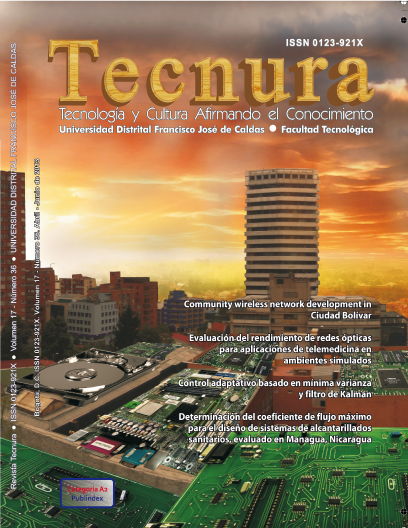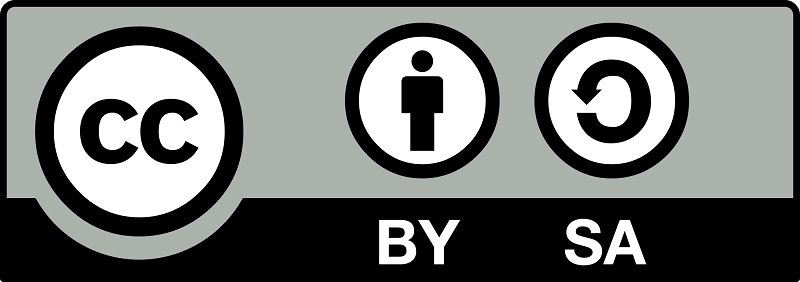DOI:
https://doi.org/10.14483/22487638.6892Publicado:
01-04-2013Número:
Vol. 17 Núm. 36 (2013): Abril - JunioSección:
EditorialEditorial
Descargas
Cómo citar
APA
ACM
ACS
ABNT
Chicago
Harvard
IEEE
MLA
Turabian
Vancouver
Descargar cita
Editorial
Editorial
The Telecommunications academic programme, based on propaedeutic cycles, that is offered by the Faculty of Technological Studies has recently applied for the renewal of its accreditation license. The commitment to renewing such an accreditation was regarded (and taken) as an opportunity to update the curriculum of the second cycle. The main purpose was to train integral professionals capable of meting the needs of the telecommunications sector in Colombia without neglecting the administrative and social skills that have distinguished these professionals for years.
From a propaedeutic perspective, students enrolled in this programme shall acquire the theoretical and practical fundamentals of telecommunications by taking tailor-made courses in areas like Electromagnetic Fields, Probability and Statistics, Signals and Systems, and so on. These courses constitute the foundation for more specialized lines of study such as Propagation, Networking and Information Theory.
On the other hand, the Economic-Administrative line of this course of studies will allow future professionals to understand the dynamics of the ICT industry, including project management as well as the way technology-based companies are created. Professionals will also gain an insight into the managerial aspects of technology and also into the legal terms that regulate all telecommunications activities. Supported by this line of study and also by a research group called GIDENUTAS, students become more social-wise engineers since they are required to apply their knowledge in end-of-course projects that take place in and have a direct impact on the local community, namely Ciudad Bolivar locality in Bogot� where the Faculty premises are located.
The Technical-Professional Elective line of study is aimed at strengthening the training process of engineers from a technical industrial viewpoint, namely engineers get involved in recent trends in the telecommunications market. The first set of proposed courses for such a line of studies focuses on the development of software applications for mobile devices. Other courses for in line include studies on market growth and lectures in the field of new-generation networks, which are necessary for the evolution of broad-band technologies.
From this whole academic improvement, it has been concluded that the future Telecommunications Engineering graduate of Universidad Distrital shall be capable of managing, leading, designing, and conducting technological processes in the field of telecommunications, always accompanied by an altruistic sense of social responsibility.
MSc. Ing. Luis Fernando Pedraza Mart�nez
Director of GIDENUTAS (research group)
Associate Professor at the Technological Studies Faculty
Universidad Distrital Francisco José de Caldas
Licencia
Esta licencia permite a otros remezclar, adaptar y desarrollar su trabajo incluso con fines comerciales, siempre que le den crédito y concedan licencias para sus nuevas creaciones bajo los mismos términos. Esta licencia a menudo se compara con las licencias de software libre y de código abierto “copyleft”. Todos los trabajos nuevos basados en el tuyo tendrán la misma licencia, por lo que cualquier derivado también permitirá el uso comercial. Esta es la licencia utilizada por Wikipedia y se recomienda para materiales que se beneficiarían al incorporar contenido de Wikipedia y proyectos con licencias similares.


